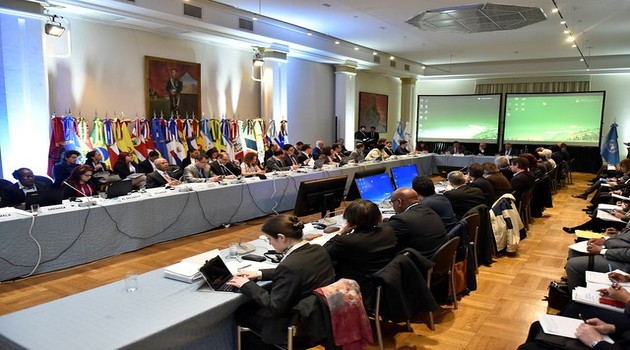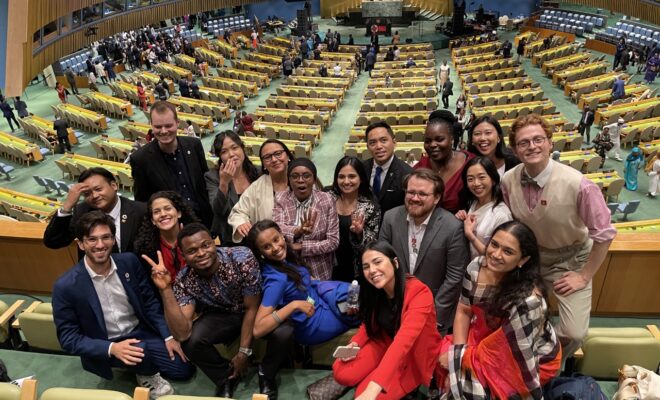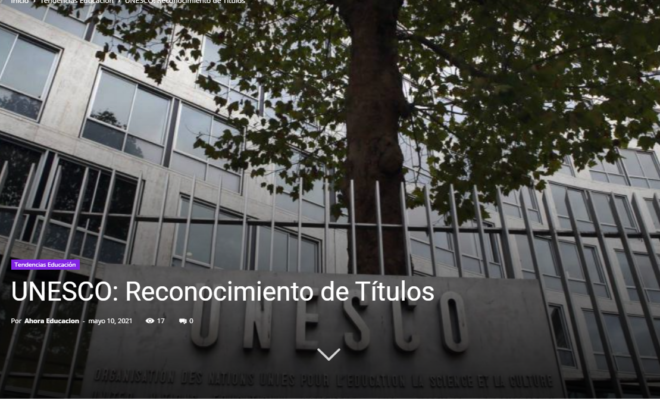23 countries adopted the new Regional Convention on the Recognition of Studies, Degrees and Diplomas in Higher Education in LAC

The Conference began on July 11, 2019 at the San Martin Palace in Buenos Aires, Argentina. The government of Argentina was in charge of the Conference’s presidency, while the vice-presidency fell upon Jamaica and El Salvador. After reviewing the new Convention’s different parts (preamble, definitions, objectives, obligations, application and final clauses), the member States present adopted it unanimously. Nevertheless, it will not have legal effects until the instrument is ratified by the legislative organisms of the signatory member States.
Organized by the UNESCO International Institute for Higher Education in Latin America and the Caribbean (IESALC), with the support of the Argentine government, the Conference gives closure to the Convention’s modernization process, led since 2015 by the Institute, and which consisted of working sessions and intergovernmental consultation meetings around the original text.

Closure of the International Conference of States
The event counted with the attendance of 23 government representatives from Argentina, Bahamas, Belize, Bolivia, Brazil, Chile, Colombia, Costa Rica, Cuba, Dominican Republic, Ecuador, El Salvador, Grenada, Honduras, Jamaica, Mexico, Nicaragua, Panama, Paraguay, Peru, Saint Kitts & Nevis, Uruguay and Venezuela. The ministers of Argentina, Aruba and Curacao, as well as the ministers of Bolivia, Colombia, the Dominican Republic and Venezuela participated in the panel of governmental representatives
The new Convention was adopted unanimously and was initialed by those representatives who acted in this meeting as representatives with full powers, namely: Argentina, Belize, Bolivia, Colombia, Costa Rica, Grenada, Honduras, Jamaica, Nicaragua, Panama, Peru, Holy See and Venezuela.
This instrument commits the signatory member States to adopt all necessary measures to recognize the studies, degrees and diplomas of the countries of Latin America and the Caribbean according to the terms contained in the new Convention, and by virtue of the specific regulations that govern in each one of them.
This political commitment will promote academic mobility in the region, with its positive impacts on both intraregional cooperation and on the much sought after regional integration. Its implementation, once adopted and ratified by the member States, will significantly contribute to safeguarding the right to education, inclusion and the pursuit of the Sustainable Development Goal 4 agenda and its commitment “that no one be left behind”.
Photo: Government representatives from 23 countries of Latin America and the Caribbean met at the International Conference of States during three days, for the final revision of the proposed text of the new Convention for the Recognition of Studies, Degrees and Diplomas in Higher Education in Latin America and the Caribbean.
RELATED ITEMS








